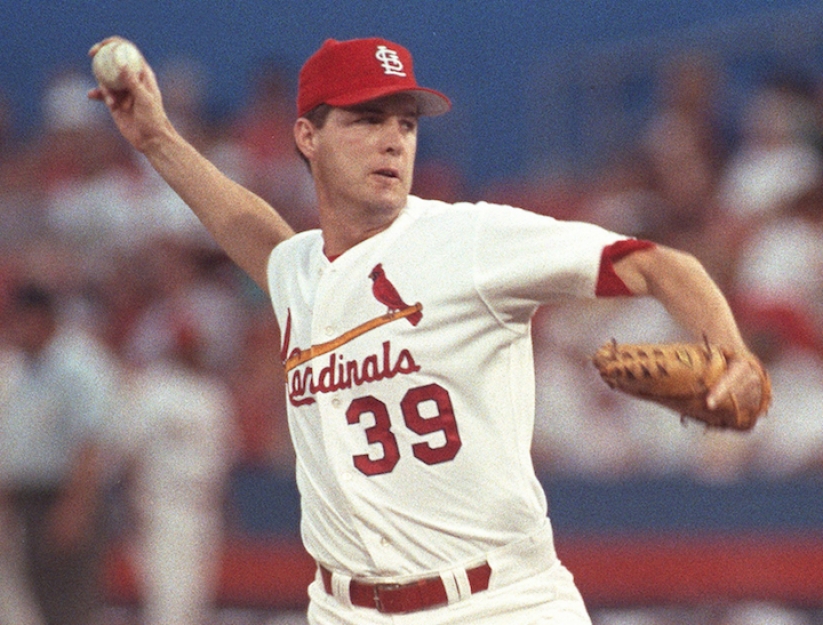Long before I became a mental skills coach, working with players on developing a stronger mental game, there was Harvey Dorfman. Harvey was a legend in the sports psychology field and a mentor to me. These days, as I’ve followed in his path, trying to help athletes enhance their mind to reach peak performance, I find myself thinking about something he would always say when he signed off. “Be good to yourself.” Let’s think about what that actually means.
Athletes can be highly critical of themselves especially as it relates to performance. That “critic” comes out when things don’t go as well as we had hoped. One bad play, and the voice inside your mind tells you, “Why didn’t you do it better? How could you fail? You’re not good enough!”
The critic talks during games, working to derail an athlete’s performance. It even works after games to beat a player up or make him feel worse about the performance. It sometimes can allow the outside criticism of fans and media to be accepted as a new reality.
But we let this critic have too much power over us. When you start to hear that inner voice bringing you down, try to remember these steps to banish it from the mind.
Be aware of the inner voice
The biggest step towards solving the problem is acknowledging you have it. When I review a game with pitchers and ask them what they were thinking when things started to go bad, they will often say that all they could think of was, “I hope I don’t walk this guy. I hope I don’t screw this up.” Their focus is on something other than the task at hand. That focus usually leads to the athlete doing exactly what they are trying not to do. Now that you’ve identified the critic, how do you banish it?
Breathe
The voice of the critic makes muscles tense and muscles don’t work well when they are tense. Deep breathing relieves that tension and relaxes the muscles so they can work properly. The problem is that most athletes don’t work on their breathing it all. Once in a while, you will see an athlete take in one upper chest breath and fire it out but that’s just eyewash. For breathing to relax the body, you need to take a deeper breath so the air goes all the way toward your diaphragm fillings the lungs from the bottom to the top. Your chest should expand. It’s a longer, smoother breath that you release slowly; in through your nose, out through your mouth. I can’t emphasize enough how helpful this will be if you implement some deep breathing into your practice routine so when you need it come game time you have already worked on it.
Make changes to that voice
You have to reframe the voice with focus on what you want to do, not on what you don’t want to do. For example, “I want to throw a good low strike” verses “I don’t want to walk this guy.” A golfer would say, “I want to hit the fairway verses, “Don’t hit it out of bounds.” You have to make a choice of what you want to think about. If you continue to follow the critic you’re in trouble. Remember you control the critic he doesn’t control you.
Use positive anchor statements
An anchor statement is a mantra or affirmation that you can always come back to. If you’re a boat in a storm, you’re going to go where the wind blows, unless you’re anchored. If you don’t have something to ground yourself, you are leaving your performance to chance. In my own experience as a Major League pitcher, I didn’t walk many players when I pitched. Part of that was having solid mechanics. But a big reason why I was able to have that kind of control was that when I got into a tough situation, I had my positive anchor statement. For me, it was, “Just like on the side.” Making reference to when I was throwing a side in the bullpen, I was relaxed and confident. I could throw the ball anywhere I wanted. When you personalize your own positive anchor, you can fall back on it in tough situations to help you relax and give you a better chance of performing your best.
Reflect after every performance
Any time an athlete performs, it’s noteworthy. You’re doing something that most people in the world cannot do at this level. You should take some time to write about it while it’s fresh in your mind. Write your own story about what you just did—good or bad. Often time’s athletes forget the good things they did in a game and focus only on the poor performance. If you made mistakes, ask yourself three questions pertaining to the mistake: what were you trying to do? what went wrong? What will you do next time? Writing that down will help you purge that situation from your mind so you can sleep and will help you put the situation into perspective and will remind the critic that you’re pretty good at this. If you weren’t, you wouldn’t be in the big leagues.
Bob Tewksbury was an All-Star pitcher and 13-year Major League veteran. He has a Masters Degree in Sports Psychology and Counseling from Boston University.


